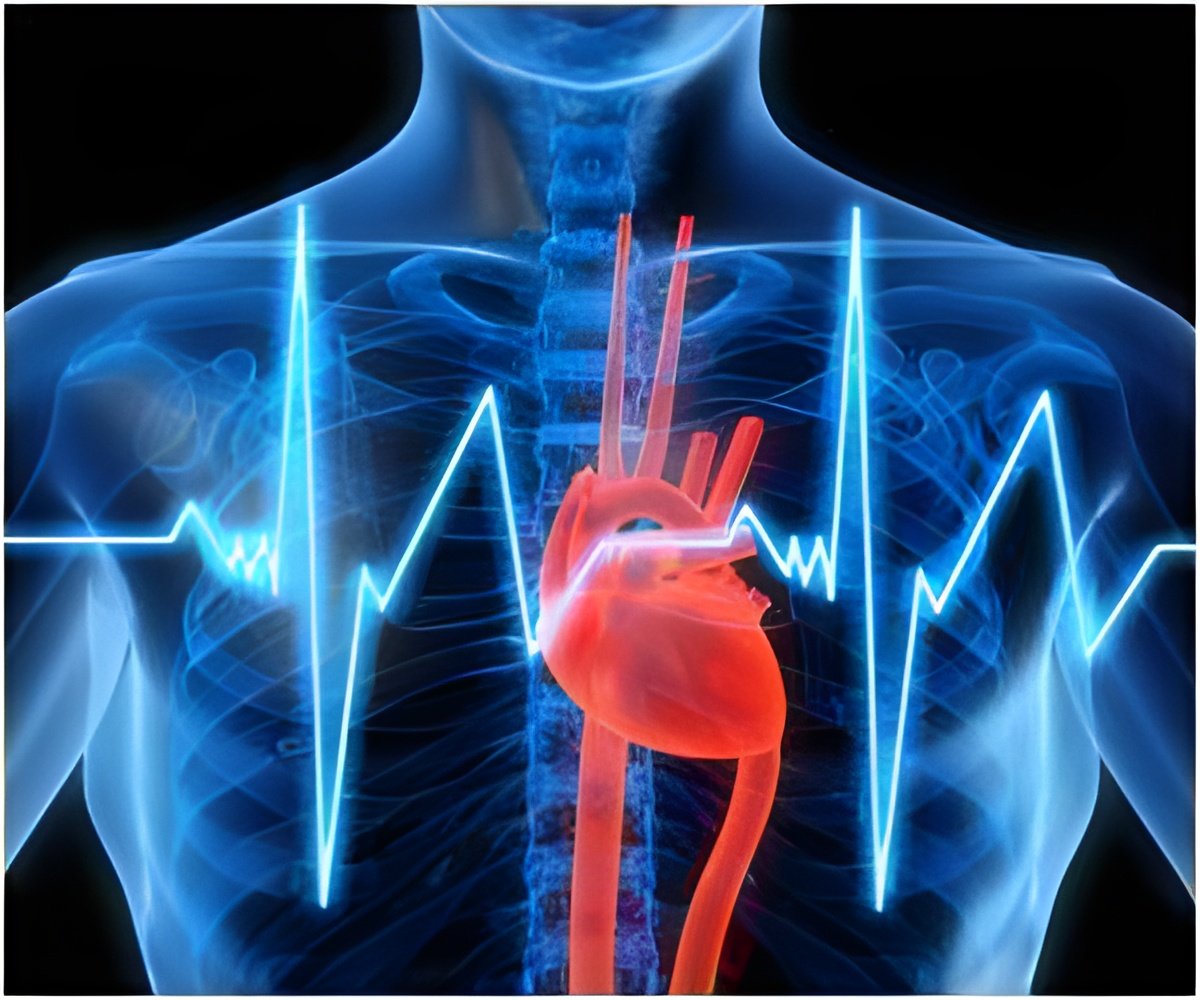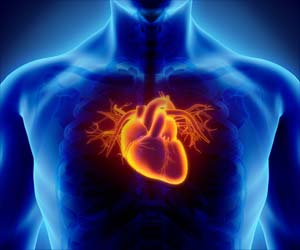Greater intake of dietary fiber is associated with a lower risk of both cardiovascular disease and coronary artery disease, reveals study.

Results from analyses of total, insoluble, fruit and vegetable fibre intake showed that the likelihood of a CVD or CHD event steadily lowers with increasing intake.
In soluble fibre, a higher reduction was seen in CVD risk than CHD risk and for cereal fibre, the reduced risk of CHD was stronger than the association with CVD.
A significantly lower risk of both CVD and CHD was observed with every additional 7g per day of fibre consumed. The researchers say these findings are aligned with current recommendations to increase fibre intake and demonstrate a large risk reduction with an achievable increase in daily fibre intake and say this could "potentially impact on many thousands of individuals."
They add that an additional 7g of fibre can be achieved through one portion of wholegrains (found in bread, cereal, rice, pasta) plus a portion of beans / lentils or two to four servings of fruit and vegetables.
The researchers conclude that "diets high in fibre, specifically from cereal or vegetable sources ... are significantly associated with lower risk of CHD and CVD and reflect recommendations to increase intake." Greater intake from fruit fibre was associated with lower CVD risk. They recommend further work on the association with soluble or insoluble types of fibre.
Advertisement
He says that teaching patients to eat whole grains is still challenging, but that encouraging the increase of fibre gradually as well as drinking adequate amounts of water are other practical recommendations. The recommendation to consume diets with adequate amounts of dietary fibre "may turn out to be the most important nutrition recommendation of them all," he concludes.
Advertisement














